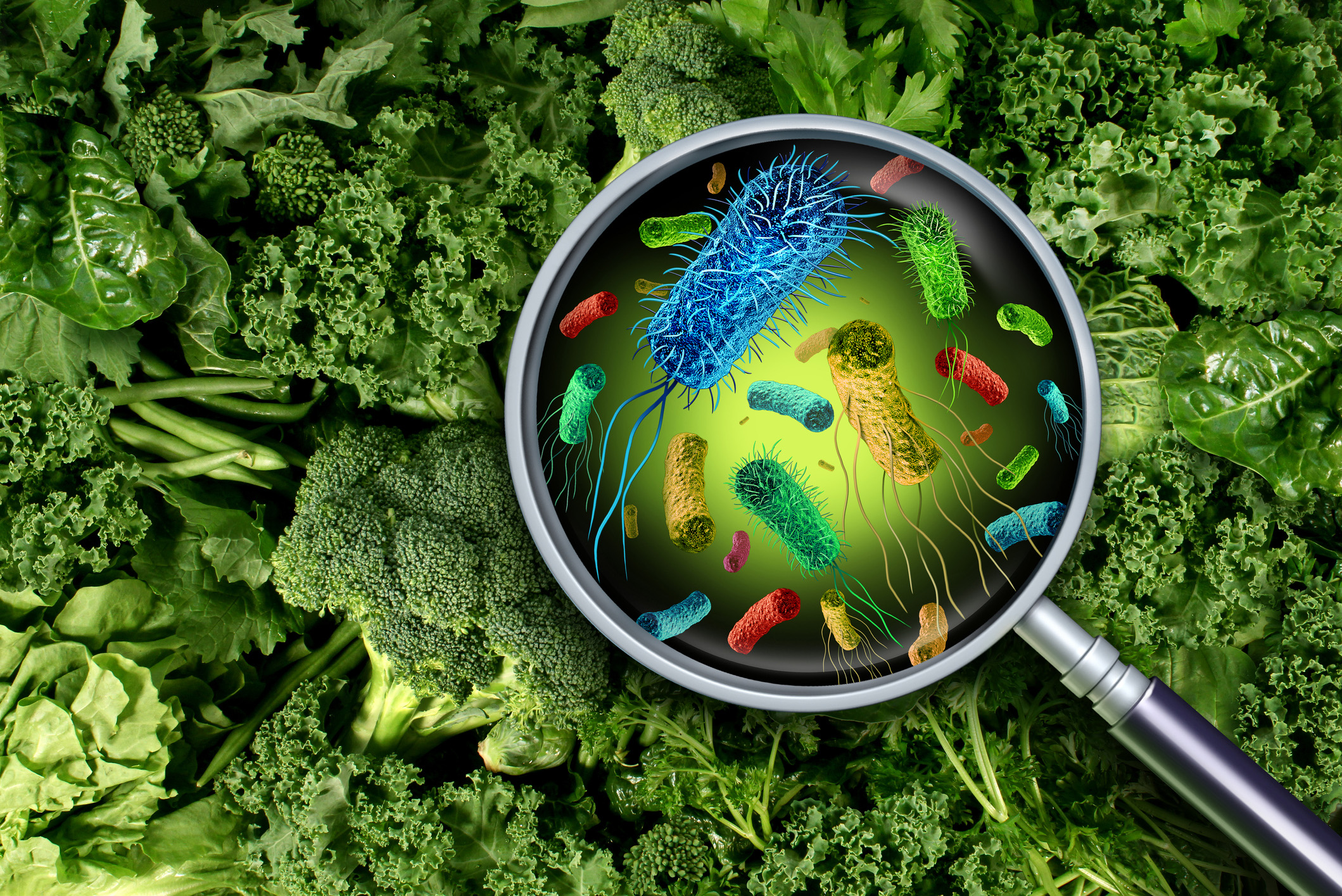Holiday gatherings are just around the corner and for the chef in the house, that means lots of meal planning, shopping, and cooking. While families are occupied taking precautions to ensure older relatives are safe from COVID-19 and flu, it’s also important to remember that seniors are more likely to have a severe illness from food poisoning that could lead to hospitalization.
According to a recent AARP report, the US Centers for Disease Control and Prevention warns that foodborne illnesses caused by salmonella, campylobacter, listeria, or E. coli can not only make older adults very sick but can also increase the risk of developing a chronic health condition such as diabetes or heart disease. Healthy older adults who take stomach-acid reducers may be more vulnerable because stomach acids help to kill any harmful bacteria, viruses, or parasites that may be in certain foods.
Besides cooking food properly to kill any germs, it’s also important to wash hands thoroughly with soap and water before preparing meals and rinse fresh produce thoroughly before eating. Raw meat, seafood, and eggs should be handled separately to prevent any cross-contamination. In order to make sure that chicken, beef, pork, and turkey are not undercooked, the CDC recommends using a cooking thermometer to check that the internal temperature of cooked meats has reached a safe level.
Washing raw meat is also unadvised – there is a risk of splashing contaminated water on kitchen surfaces or other foods. Cooking meat thoroughly will kill any foodborne germs and work to prevent food poisoning. All leftovers should be refrigerated within two hours of preparation and large portions of meat should be divided to help speed cooling and prevent the growth of bacteria.
Learn more about safe minimum cooking temperatures, food storage, food safety during power outages, and for updated food recalls and food safety alerts by following this link to FoodSafety.gov. In Canada, visit the Government of Canada’s Heath portal to learn more about food safety for adults ages 60 and over.






Add Your Voice
0 Comments
Join the Discussion